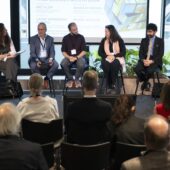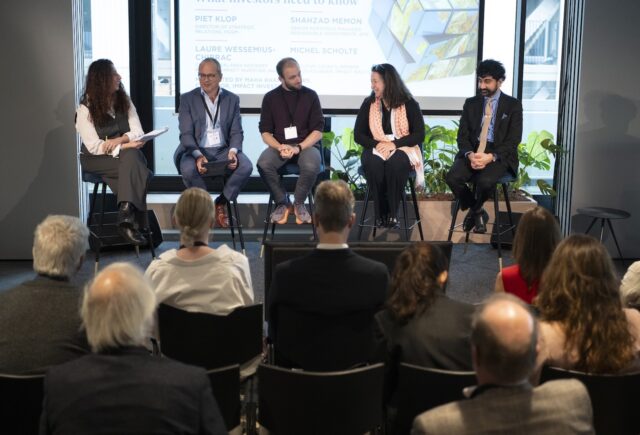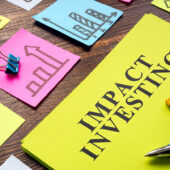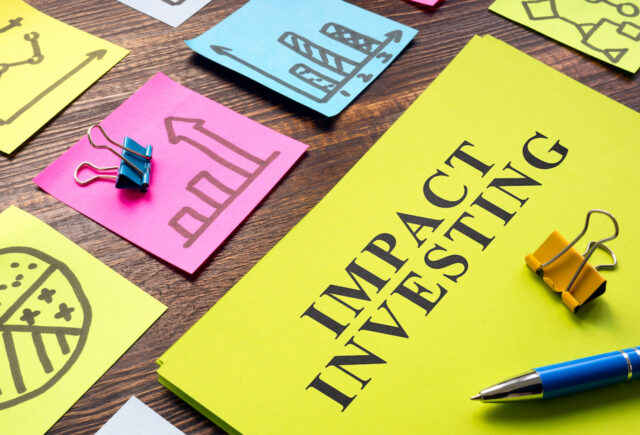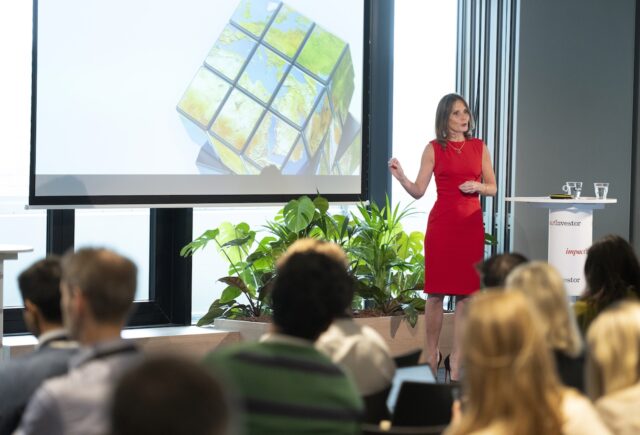The investment was made by Norwegian, Swedish and British development finance institutions to support the development of clean and climate-positive technologies in Africa.

Swedfund, the Swedish development finance institution (DFI), has committed $10m (€8.8m) to the Novastar Ventures Africa People and Planet Fund III (NVIII) to support climate adaptation and resilience in Africa through clean and climate-positive technologies.
The investment was made alongside the Norweigan and British DFIs Norfund and British International Investment (BII), who contributed a further $10m each.
The investment aims to catalyse funding for early-stage local businesses which are developing solutions in renewable energy, e-mobility, smart logistics, the circular economy and regenerative agriculture.
Climate innovation
Novastar Ventures, a Nairobi-based venture capital firm, specialises in early-stage ventures in East Africa and primarily invests in education, healthcare, agri-businesses, food, and water sectors which target low-income communities.
The NVII fund aims to invest in approximately 12 technology companies addressing challenges to climate change. Earlier this year, Novastar announced that the fund had invested in Sistema.bio, a firm which helps family farmers to turn farm waste into renewable energy and fertiliser.
At a time when Africa faces increasing climate risks, it is also emerging as a hub for climate and clean-tech innovation, Swedfund said.
Speaking to Impact Investor, Sofia Gedeon, investment director at Swedfund said there are several persistent challenges in scaling climate technologies in Africa.

“In many of the markets where we operate, climate technology is not held back by the technology itself, but rather by foundational gaps, such as limited access to stable electricity, poor digital connectivity, and often, an uncertain regulatory environment. These factors make it difficult for proven solutions to scale or attract private capital.
“Our role as a DFI is to help address these gaps. We invest in critical enabling sectors such as energy and infrastructure in the long term, and we collaborate closely with our investees to strengthen governance, environmental, social, and governance practices. We support business models that are adapted to local realities,” added Gedeon.
Gideon also said that as the impacts of climate change grow, it is vital that businesses that are building resilient, low-carbon economies are supported. “Our investment seeks to unlock financing for innovative companies across Africa that improve lives and livelihoods while reducing emissions,” she said.
A Swedfund spokesperson added: “By investing in NVIII, a fund structure with broad reach and local presence in countries like Kenya and Nigeria, Swedfund enables capital to reach a larger number of high-impact companies across the continent. This approach supports market development, job creation and access to essential services in underserved communities.”
Earlier this year, Swedfund allocated €40m to the Emerging Africa & Asia Infrastructure Fund, focusing on climate resilient infrastructure and digital connectivity in Africa and Southeast Asia, as reported by Impact Investor.
Additionally, Swedfund, BII and Norfund made a joint investment of $85m into AgDevCo in February, to support food security while strengthening climate resilience across sub-Saharan Africa.
